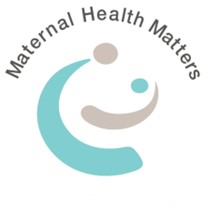The World Health Organization releases its World Mental Health Report.

Mental health is critically important to everyone, everywhere. We at Maternal Health Matter especially know how important it is to pregnant women.
The Report highlights the need to empower people to have control over their life and health care, by instilling personal dignity, value and respect into care. This is care that can increase self-esteem and confidence, giving people a level of choice and autonomy. This empowerment is very relevant in Maternity Care where women are often vulnerable; and reflects the elements of the Respectful Maternity Care Charter.
This report is very relevant to maternity care as many women experience vulnerability and anxiety during pregnancy as they navigate becoming mothers and we know that of 300,000 births annually in Australia:
• 60,000 women experience disrespectful treatment during maternity care.
• 1/3 (100,000) women have birth trauma. 2/3 (66,000) develop post-traumatic stress disorder.
• 1 in 5 mothers (20% or 60,000) are diagnosed with post-natal depression.
We also know, there is deep-seated resistance to addressing systemic disrespect for pregnant women in our health system that is thwarting progress towards improving the health and wellbeing of all Australians. A culture of mistreatment endangers both mother and baby, physically and psychologically, directly or indirectly. This mistreatment of parents and newborns around the time of birth is often ‘normalised’ in the hospital culture and exacerbated by the lack of awareness of human rights, gender discrimination and deficiency in clinical compassion.
Moving from maternity care that ignores women’s perspectives, priorities and human rights towards women-centred, human rights-based and recovery-oriented care that engages women as active participants in, rather than passive recipients of, maternity care is one of the key shifts needed to transform maternity care and improve the mental health of women as they transition to mothering.
